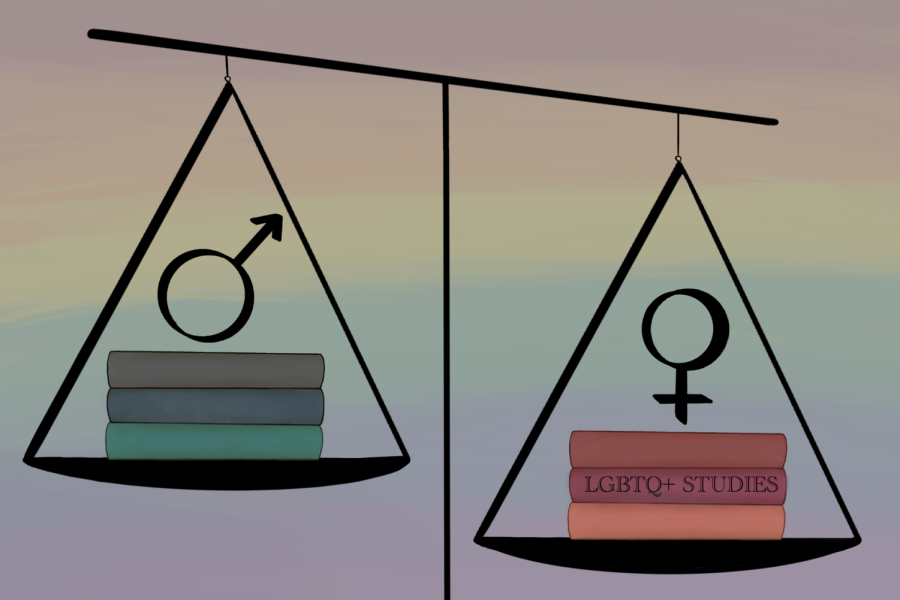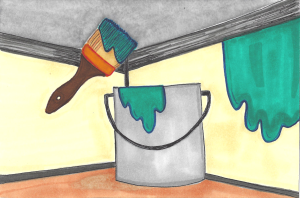Women’s and gender studies isn’t your punchline
March 30, 2023
My dad always tells me I should pick up a business minor. After all, as someone majoring in journalism and Plan II, how else will I ever find a job? Unfortunately, the fact of the matter is that I don’t like business. Instead, I’m pursuing a minor in women’s and gender studies, and I am confident that it is a valuable path in its own right.
Growing up, “feminist” seemed like a bad word. Women could be independent as long as they didn’t take it too far. Girls could be tomboys, but they would surely grow out of it. I always naturally questioned these roles, and as I got older, I started to be ridiculed for it.
By the time I applied to university, the antagonism I experienced against feminist and queer theory discouraged me from initially pursuing women’s and gender studies. Instead, I worked within my Plan II major to take more discrete classes like Women’s Literature and Visionary Women. These wonderful courses allowed me to dip my toes in the world of intersectional feminist study. After one semester, I knew I wanted more. So, I stopped caring about what others thought, and instead, I focused on my own passions and values.
Through women’s and gender studies, I learned I’m not alone. Women’s and gender studies is not the “useless degree” it is often regarded as. Rather, it is an extremely intersectional field of study that offers great personal and professional reward for those passionate about feminism, LGBTQ+ studies and building a more empathetic and equitable society.
“Women’s and gender studies and LGBTQ+ studies give you these critical thinking skills,” said Alison Kafer, director of LGBTQ+ studies in the Center for Women’s and Gender Studies. “It tunes you into thinking about how to make a world in which more people thrive.”
Coursework in women’s and gender studies teaches students to think about all areas of their lives more critically, which makes us better problem solvers, citizens and employees.
Women’s and gender studies junior Sayde Paulson explained that she fell into the program hesitantly, having originally planned to pursue psychology. However, WGS turned out to be a perfect match.
“You meet great professors and you have real, deep meaningful conversations about things that people are usually very uncomfortable talking about,” Paulson said. “So it’s really something that helps you develop discussion skills, people skills, public speaking skills.”
Many of the concerns surrounding the value of women’s and gender studies degrees are rooted in the idea that nontraditional fields of study aren’t profitable in comparison to majors like engineering, biology or business. However, the skills Paulson and other WGS students practice are extremely versatile, and therefore marketable.
Many industries have problems which are deeply gendered. Experience in women’s and gender studies can help solve them. Examples include disparities in health care on the basis of sex, or the way custody proceedings are affected by traditional gender roles.
“If we think about the value of having a women’s and gender studies minor or major,” Kafer said. “It gives you the tools to understand social dynamics, to intervene in them and change things for the better.”
Because women’s and gender studies is applicable to every industry, from the classroom or operating room to the courtroom, there really is a place for everyone to learn more about themselves, their community and how to better serve a diverse world. This ‘joke of a degree’ explores some of life’s biggest questions, and if that’s not valuable, I don’t know what is.
Jackson is a Plan II and journalism freshman from Boerne, Texas.
















